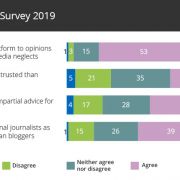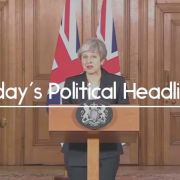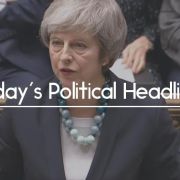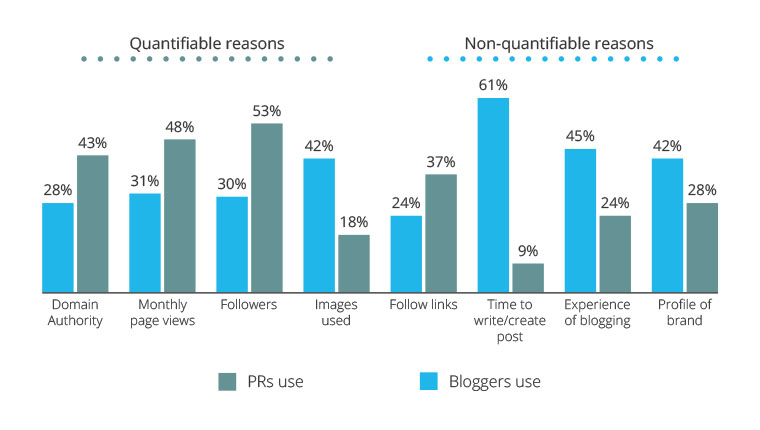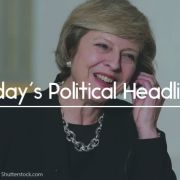Mummy blogger spotlight: Clare Minall, Mudpie Fridays
Clare Minall writes Mudpie Fridays to share what she and her sons, Monkey and Kipper, get up to as she balances work, motherhood and all the adventures of life. Recently ranked in the Top 10 Mummy Blogs, Clare told us about how social media works with her blog, the joys of being a mother, posting on a daily basis and working with brands and PRs on magical experiences.
How has your blog changed in the last year?
I am saying no a lot more! Last year my blog really came of age. Up until this point I would say yes to pretty much any type of work. I was amazed that people would give us the opportunity to review items and pay me for editorial content. What I didn’t appreciate was just how much time it takes to create a blog post, get just the right photo, edit the photos and then promote it via social media.
The penny dropped I was working hour upon hour writing content but sometimes my heart wasn’t in it. As much as it was valuable SEO it taught me the sort of content I enjoyed creating and the sort that I didn’t. I think it shows in my writing which hopefully means I do a better job for the brand, my readers enjoy it more and I am a lot more relaxed.
How does social media feed into your blog – are any channels more important?
I tend to favour Instagram, Twitter and Facebook. Everything I write will get shared across all these channels. Depending on the content I will also create a pin, but I only tend to do this for evergreen posts. Pinterest creates the biggest referral stream to my blog outside of Google and other search engines. Currently it’s probably my most underutilised channel, which is something I plan to address this year. It’s hard to keep all the social media channels spinning, each has its only personality, so I think it’s natural to favour one over another.
What’s the perfect Mother’s Day?
Hopefully this years! Anything which gives me the opportunity to spend time with my little family without distractions. A chance to reconnect without time pressure, or a to do list getting in the way. So much so that this year we are going off the grid. I think it will force us all to stay off electronics. I am surprised by just how much I am looking forward to it. Although my eldest needs some convincing.

What’s the best thing about being a mum?
It’s so hard to choose! I think seeing the world through the boy’s eyes. Constantly juggling, running from one thing to another as an adult, it’s easy to miss the magic in every day. Yet taking the time to spend with the boys and see their joy in simple things reminds me of where my priorities should lie. They help keep me on the straight and narrow.
What advice would you give new mothers?
A wise person once said to me that you have to listen to your gut and trust your instinct. You will come across a lot of people offering advice. Some of this advice will relate to experience based on knowing a few things about lots of babies. But you as a mother will know a lot of things about your baby. So trust it. It’s something I have followed with both boys even though they were very different babies and even more different as children. Believing I know what is right for my child and trusting it makes me a lot more relaxed as a parent.
The UK Bloggers Survey revealed Parenting as a supersector – how do you feel parenting fits in to the broader blogosphere?
I discovered blogs when I was first pregnant trying to navigate one of life’s biggest changes, so I am not surprised that parenting is now considered a supersector. Parenting can link with pretty much every blog out there. A beauty blogger could still be a mum. A travel blogger could focus on family travel. A food blogger could produce ‘free from recipes’ because their little ones have allergies. Many bloggers in other sectors could well be parents themselves. I would find it hard now that I am a parent for it not to shape my thinking or my writing, since it’s so integral to everything I do.
The Survey also revealed that bloggers post less frequently – is this your experience?
I tend to try to schedule a daily post. There are weeks when this is not possible as I may have specific social media campaigns. I am not sure if frequency is that important but its more about consistency. I try to write certain types of posts on certain days or times of the month so that people know what to expect. There are also posts that I write purely for me. Mudpie Fridays originally started as an online diary as I tried to navigate secondary infertility. Not that I realised that’s what it was then. But recording our adventures as a family of three helped and then when I finally managed to hang on to a baby the weekly diary kept me sane.
Do you accept PR press releases?
I do, but as I mentioned previously it needs to be in keeping with my brand, my values and my families preferences. This way it’s more likely to be received well by my audience. If it doesn’t tick the box, then it’s likely the brand would get a better response with someone else anyway. I would also want to build my own narrative around the release in my voice, which is what my readers expect.
How do you choose which PRs and brands to work with?
PR wise it’s a relationship game, I have been very fortunate to work with some lovely PRs over the last few years. Brand wise I pick based on whether it’s a brand I would choose to buy outside of the blog. If it’s an experience or event would I choose to take the boys there if I wasn’t being paid or offered something based on a review? If the answer’s no, then if I worked with them the post is unlikely to flow properly and it would be obvious to my readers.

What are the best collaborations you’ve worked on?
We have been so fortunate over the last few years and had some amazing experiences. Anything family travel orientated or that gives my family the opportunity to try something new scores highly. While we were reviewing a resort complex in Crete last October we were invited on a Cretan Cookery Course. The people that ran it were so hospitable and made such an effort with the boys. I can still remember Monkey’s face as he mixed the pork with all the vegetables, his sleeves rolled up, a huge grin on his face, chatting away. Once the food was prepared and cooked, we all sat down and ate together. Over the table we shared travel stories with the other guests, before being treated to some traditional music as the evening drew in.
In November last year, Monkey and I were invited to Finland by the Levi Tourist board. It was a once in a life time experience that saw us stay in a glass igloo underneath the stars and chase auroras. Those memories will stay with us both for a lifetime and its simply not something we would be able to afford to do without having Mudpie Friday.
What other blogs do you read?
Lots! I read more blogs than I do books, magazines and newspapers so it’s very hard to choose some favourites. However if I had to choose then the ones I read my frequently are Laura at Dear Bear & Beany, Becky at Cuddle Fairy and Donna at What the Redhead Said. They all have children similar in age to my boys, so I can really relate to their parenting journeys.





